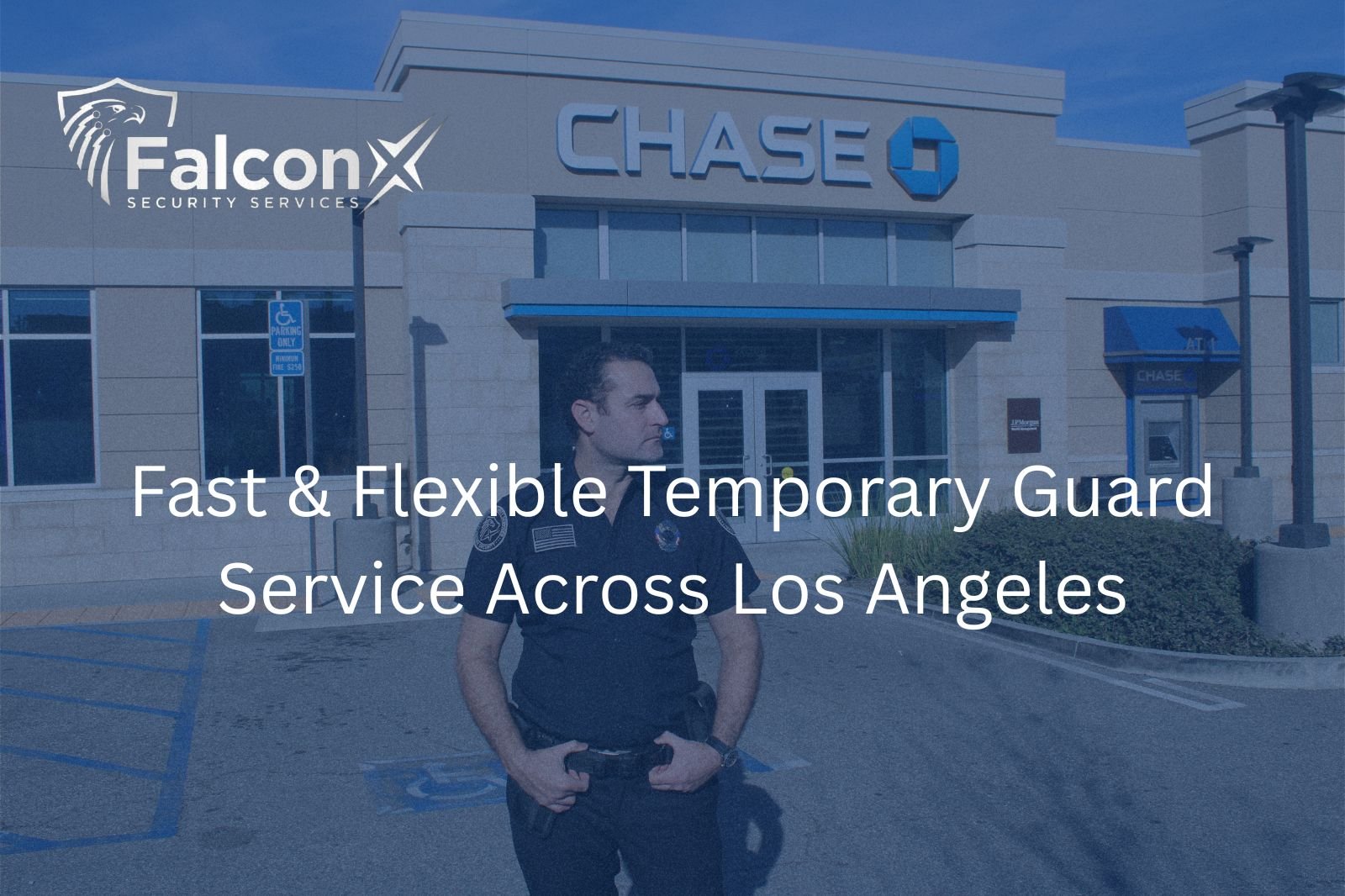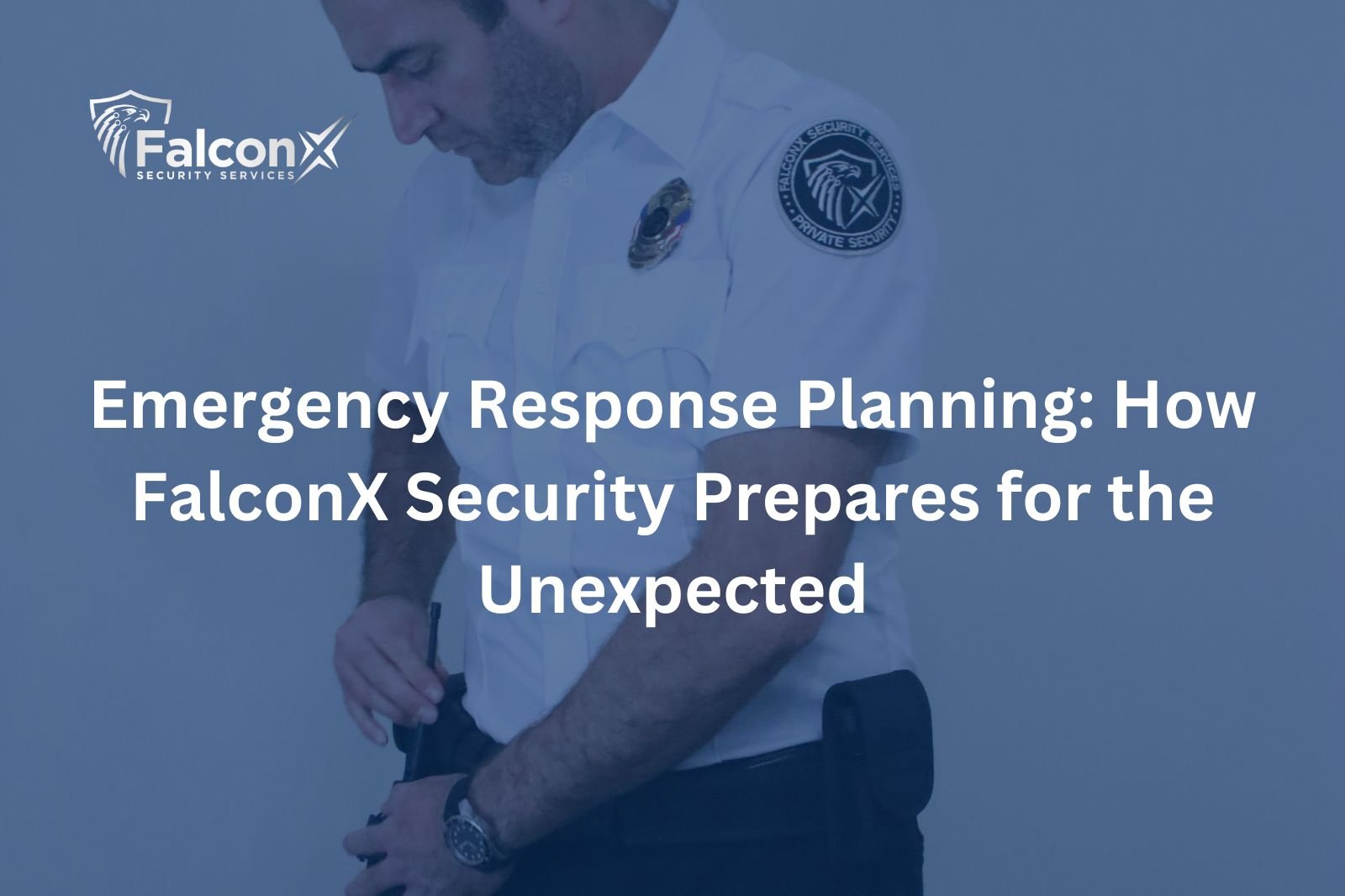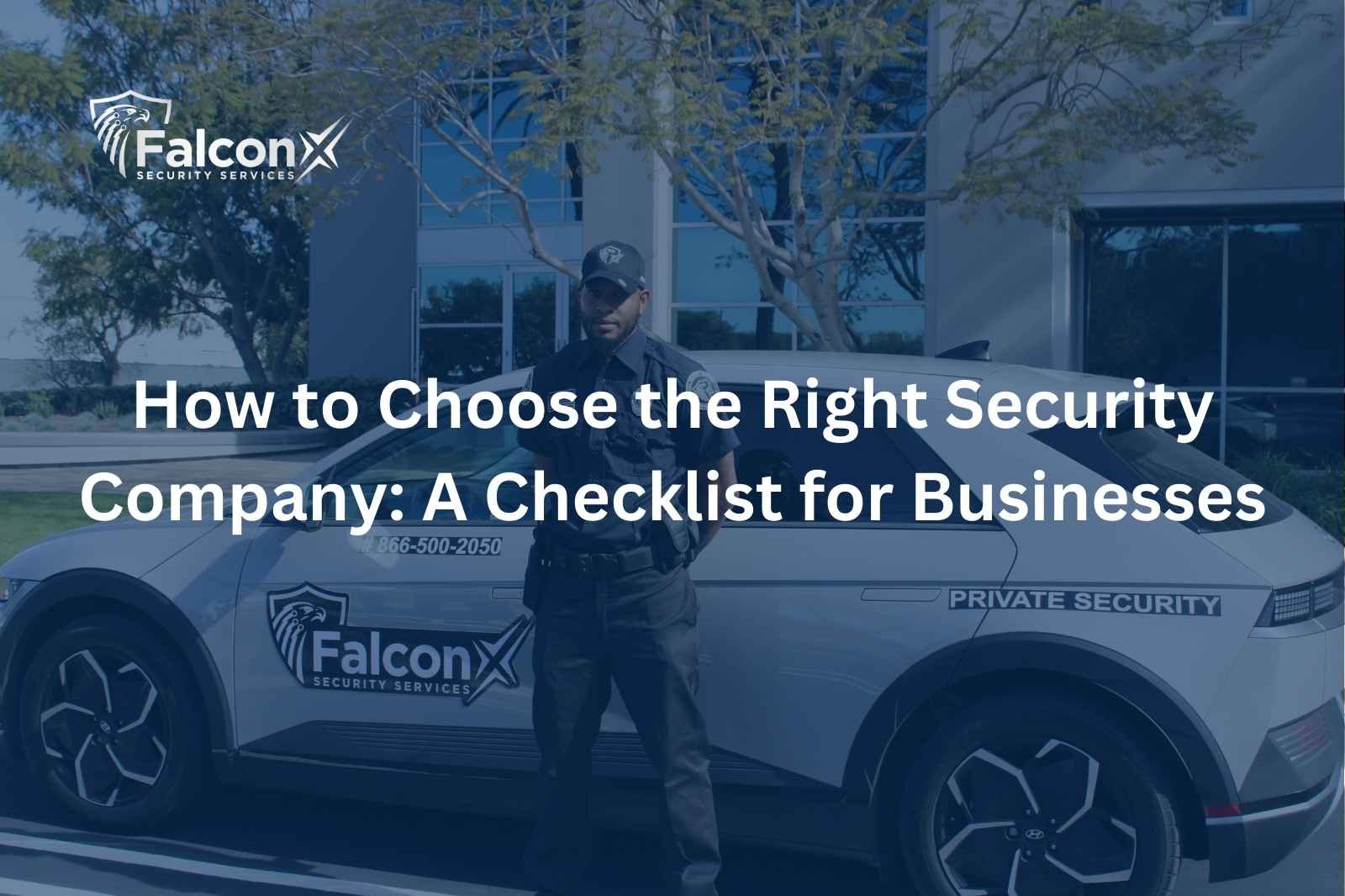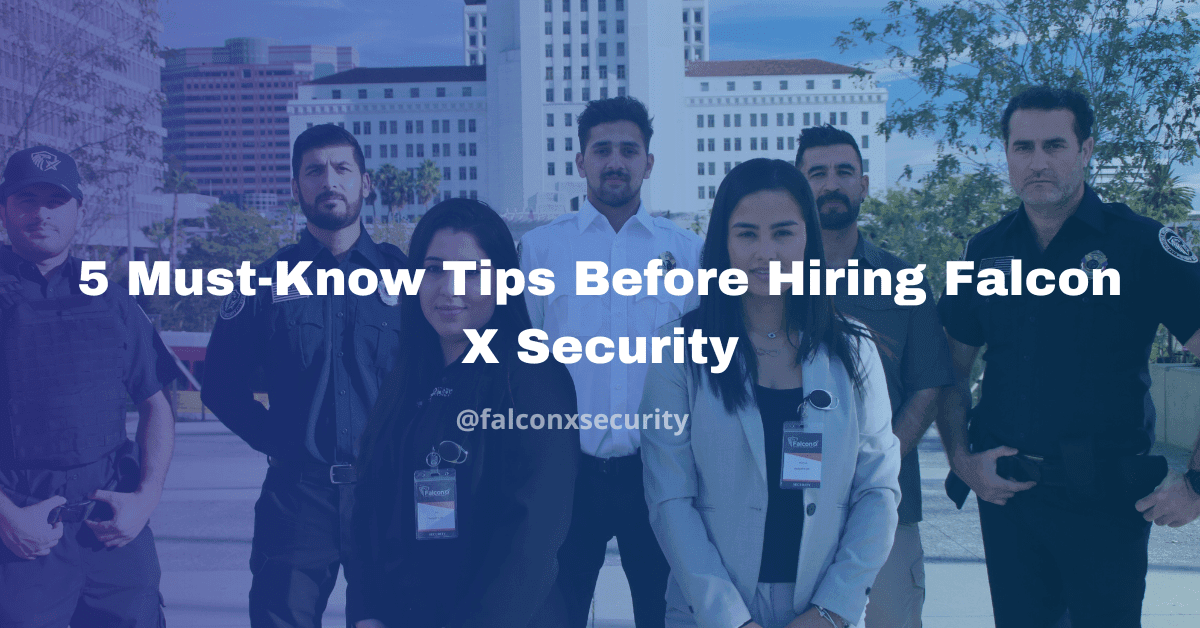Fast & flexible temporary guard service in Los Angeles. Licensed, professional guards ready for events, construction sites, and emergency coverage.
Introduction
Los Angeles is a city that never sleeps. From entertainment events and private parties to construction projects and busy retail stores, there is always something happening. With such constant activity, security becomes one of the most important factors for both businesses and individuals. But what if you don’t need permanent guards? What if you only require security for a short time, maybe just a few hours or a couple of weeks?
This is where fast and flexible temporary guard service in Los Angeles comes in. Whether it’s protecting a construction site overnight, monitoring valuable equipment, handling security at a wedding, or addressing a last-minute need, temporary guards provide reliable and professional safety solutions. In this blog, we will explore everything you need to know about temporary guard services, why they’re so important in Los Angeles, and how you can hire the right company for your needs.
What is a Temporary Guard Service?
A temporary guard service is a short-term security solution designed to meet immediate safety needs. Unlike permanent contracts, temporary guards are hired for a specific time frame, which could range from just a few hours to several weeks.
For example:
- A company may hire guards for a three-day trade show.
- A homeowner may need security during renovations.
- A retail store may require extra protection during holiday shopping seasons.
The biggest advantage is the flexibility, you only pay for the time you need.
Why Choose Temporary Security in Los Angeles?
Los Angeles is a bustling city with diverse security challenges. From Hollywood red carpet events to construction in Downtown LA, temporary security is in demand for many reasons.
1. Events and Gatherings
Concerts, weddings, birthdays, corporate events, film shoots, and festivals all require temporary security. Guards help with crowd management, VIP safety, and access control.
2. Construction Projects
Many construction sites only need guards until the project is complete. Temporary security helps protect expensive equipment and prevents vandalism or theft.
3. Emergency Coverage
Sometimes businesses face unexpected issues such as alarm system breakdowns, last-minute cancellations by other guards, or urgent threats. Temporary guard services can deploy professionals quickly.
4. Seasonal Business Demands
Retail stores often need extra guards during Black Friday, Christmas, and holiday seasons to manage crowds and prevent shoplifting.
5. Private Functions & VIP Security
Celebrities, executives, and high-profile guests in LA often hire temporary bodyguards or event security teams for a single night or weekend.
Key Benefits of Fast & Flexible Temporary Guard Service
Hiring temporary guards in Los Angeles comes with multiple advantages:
- Rapid Deployment – Guards can be sent to your location within hours.
- Professional & Trained Staff – Licensed guards are skilled in conflict resolution, emergency response, and customer service.
- Cost-Effective – You don’t need to commit to long-term contracts. Pay only for the hours or days you need.
- Flexibility – Choose between armed or unarmed guards, depending on your situation.
- Deterrence Against Crime – The presence of a uniformed guard discourages theft, vandalism, and trespassing.
- Peace of Mind – Knowing professionals are protecting your people and property allows you to focus on your event or business.
Services Offered by Temporary Security Guards in LA
Temporary guard service providers in Los Angeles offer a wide range of solutions, including:
- Armed & Unarmed Guards – Choose the right level of security for your event or property.
- Fire Watch Services – Essential for construction sites or businesses with fire system outages.
- Crowd Control & Access Management – Perfect for concerts, festivals, and private events.
- Patrol and Monitoring – Mobile patrols to cover large areas and check for suspicious activity.
- Emergency Response Support – Guards trained to handle emergencies until law enforcement arrives.
- Event Security – VIP escort, guest list management, and bag checks for safe gatherings.
Qualities of a Reliable Temporary Guard Company
Not all security providers are the same. When hiring a temporary guard service in Los Angeles, look for:
- Proper Licensing & Insurance – Always choose a fully licensed company with insured guards.
- Experienced Staff – Guards should be background-checked and well-trained.
- Local Knowledge – A company familiar with LA’s neighborhoods, venues, and challenges.
- 24/7 Availability – Security emergencies don’t wait, so your provider should be reachable anytime.
- Strong Communication – Reliable reporting systems, mobile patrol apps, and direct communication with clients.
Why FalconX is a Trusted Name for Temporary Guard Service in Los Angeles
If you’re searching for fast and flexible temporary guard service across Los Angeles, FalconX Security Service is one of the most trusted providers.
Here’s why:
- Quick Deployment: FalconX can provide guards within hours anywhere in LA.
- Customized Solutions: From events to construction, FalconX creates tailored security plans.
- Trained Guards: Licensed, professional, and customer-focused.
- Proven Experience: Protecting businesses, residents, and VIPs across Los Angeles.
- Technology-Backed Security: Using CCTV, GPS tracking, and digital reporting systems.
FalconX combines skilled manpower with modern security technology to deliver unmatched temporary protection.
How to Book Temporary Guard Service Quickly in Los Angeles
Hiring a temporary guard is easier than ever. With FalconX and similar providers, the process is simple:
- Contact the Security Company – Call or fill out an online form.
- Discuss Your Needs – Share your event details, location, and time frame.
- Get a Customized Plan – The company will recommend armed/unarmed guards, patrols, or fire watch services.
- Deploy Guards Fast – Professionals can be at your site the same day if needed.
- Enjoy Peace of Mind – Let the experts handle your security while you focus on what matters.
Conclusion
Los Angeles is a city full of life, opportunities, and events, but with this energy also comes risks. Whether you’re hosting a high-profile event, managing a construction site, or facing an unexpected security emergency, having a fast and flexible temporary guard service is the smartest choice.
Temporary guards provide quick, reliable, and professional protection without long-term contracts. They help keep your people safe, your property secure, and your business running smoothly.
If you’re looking for the best temporary guard service in Los Angeles, FalconX Security is here to deliver. With rapid deployment, trained professionals, and tailored solutions, FalconX ensures that your security needs are covered no matter how urgent or short-term they may be.
Contact FalconX Security Services Today
For elite armed security services in San Fernando, contact FalconX Security Services for a free consultation. Our team is ready to design a customized security plan that ensures your safety and peace of mind.
Contact Information:
Address: 11150 W Olympic Blvd, Suite 1050, Los Angeles, CA 90064
Phone: 866-500-2050
Email: info@falconxsecurity.com




